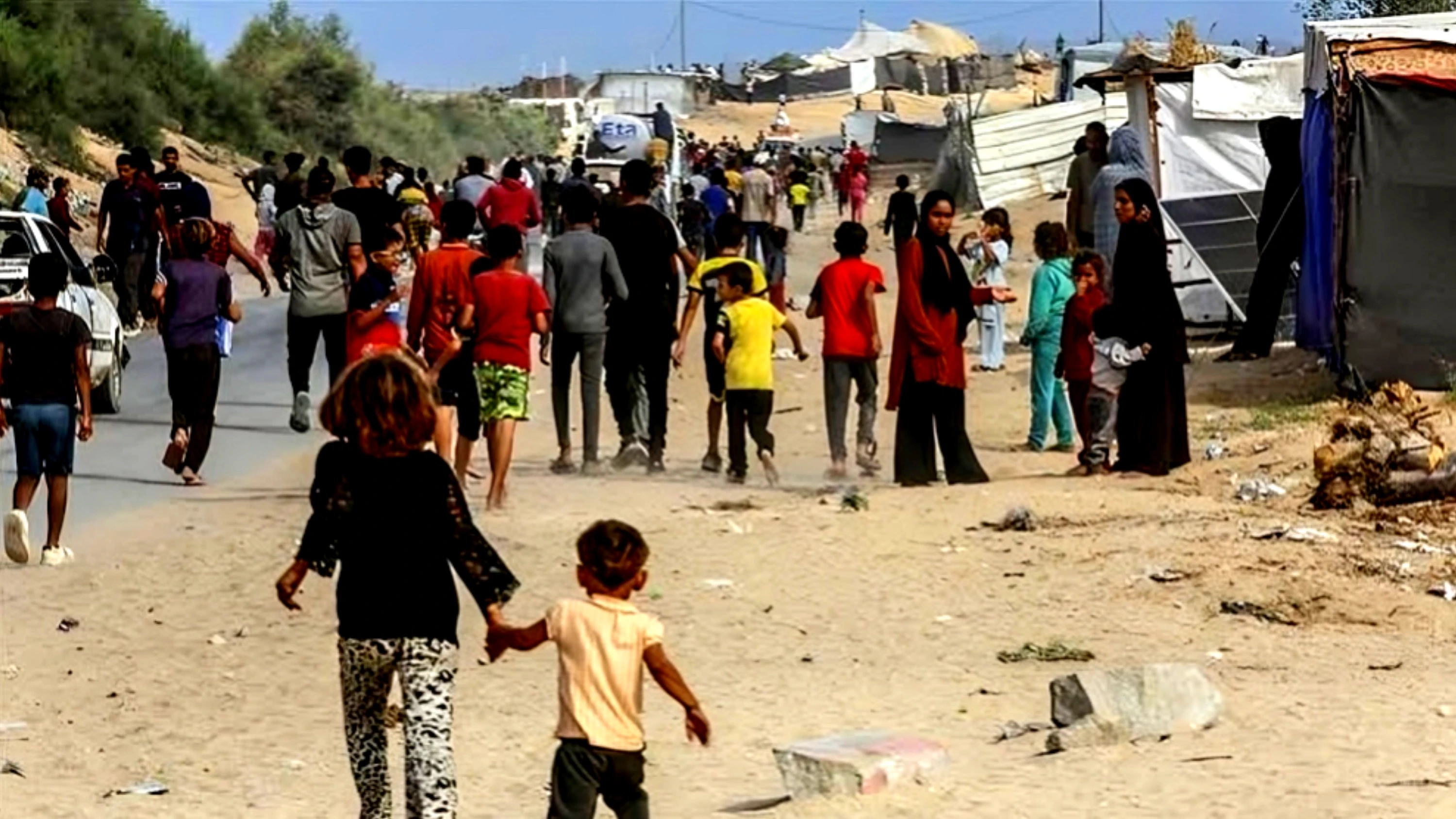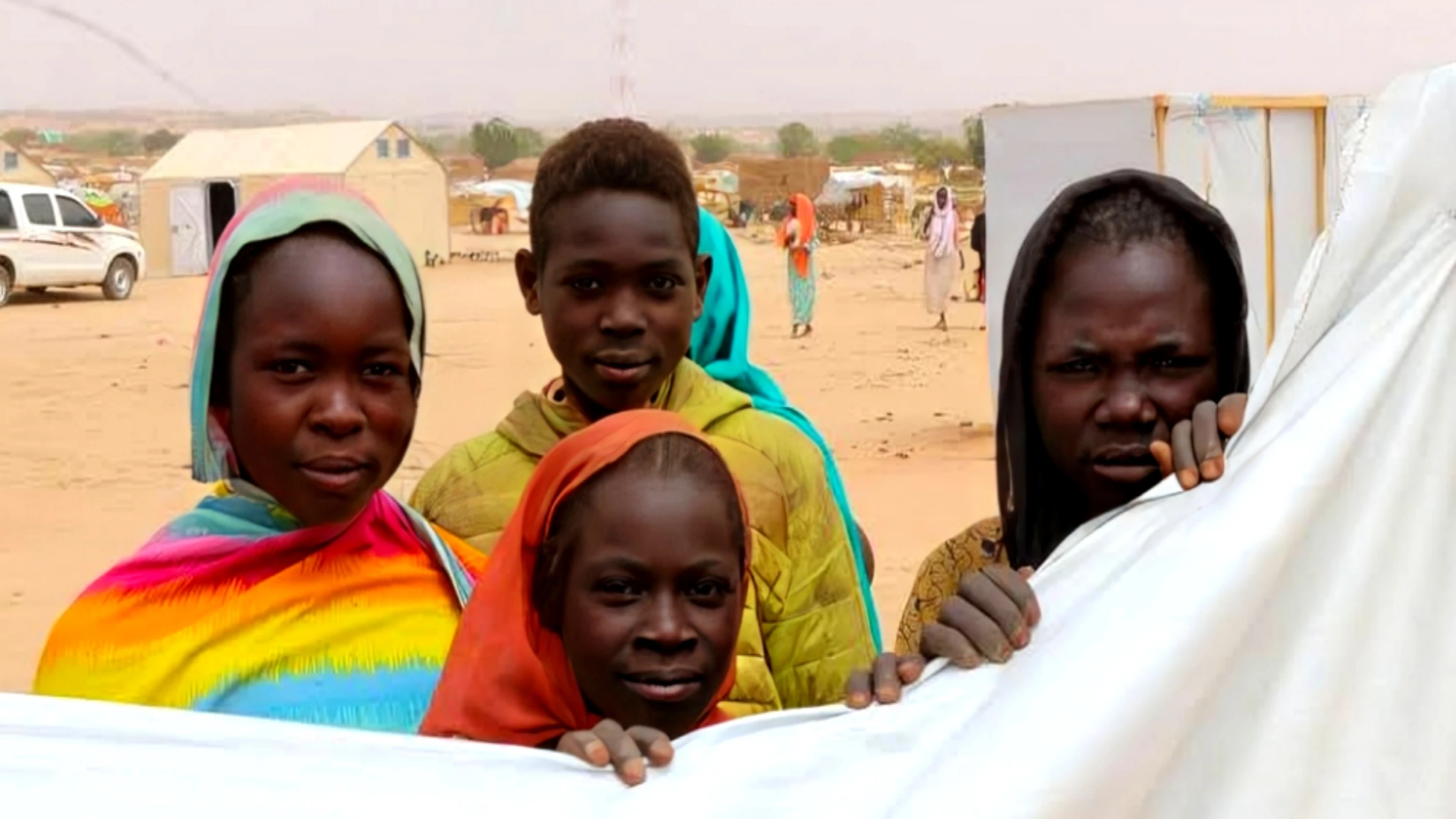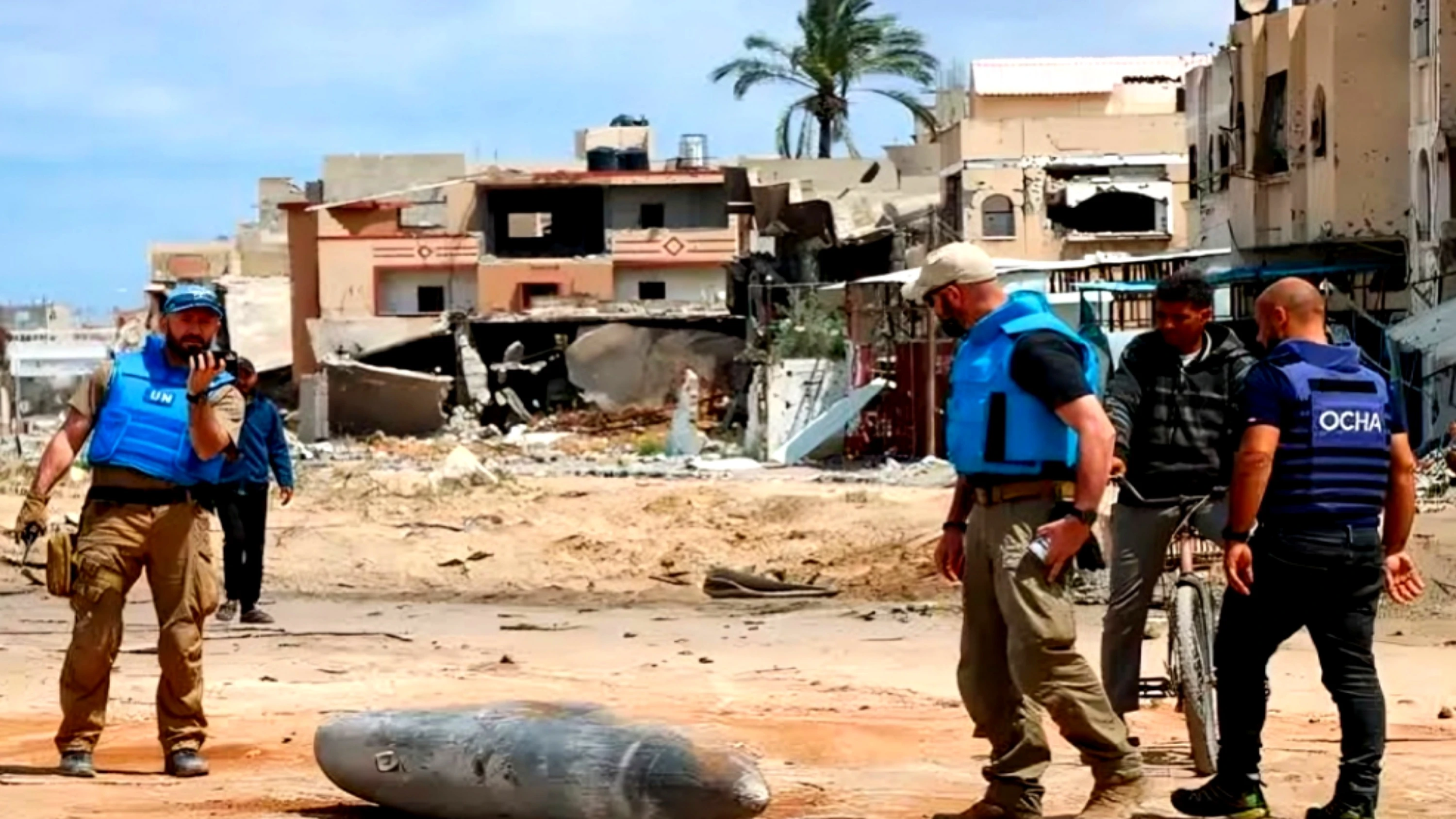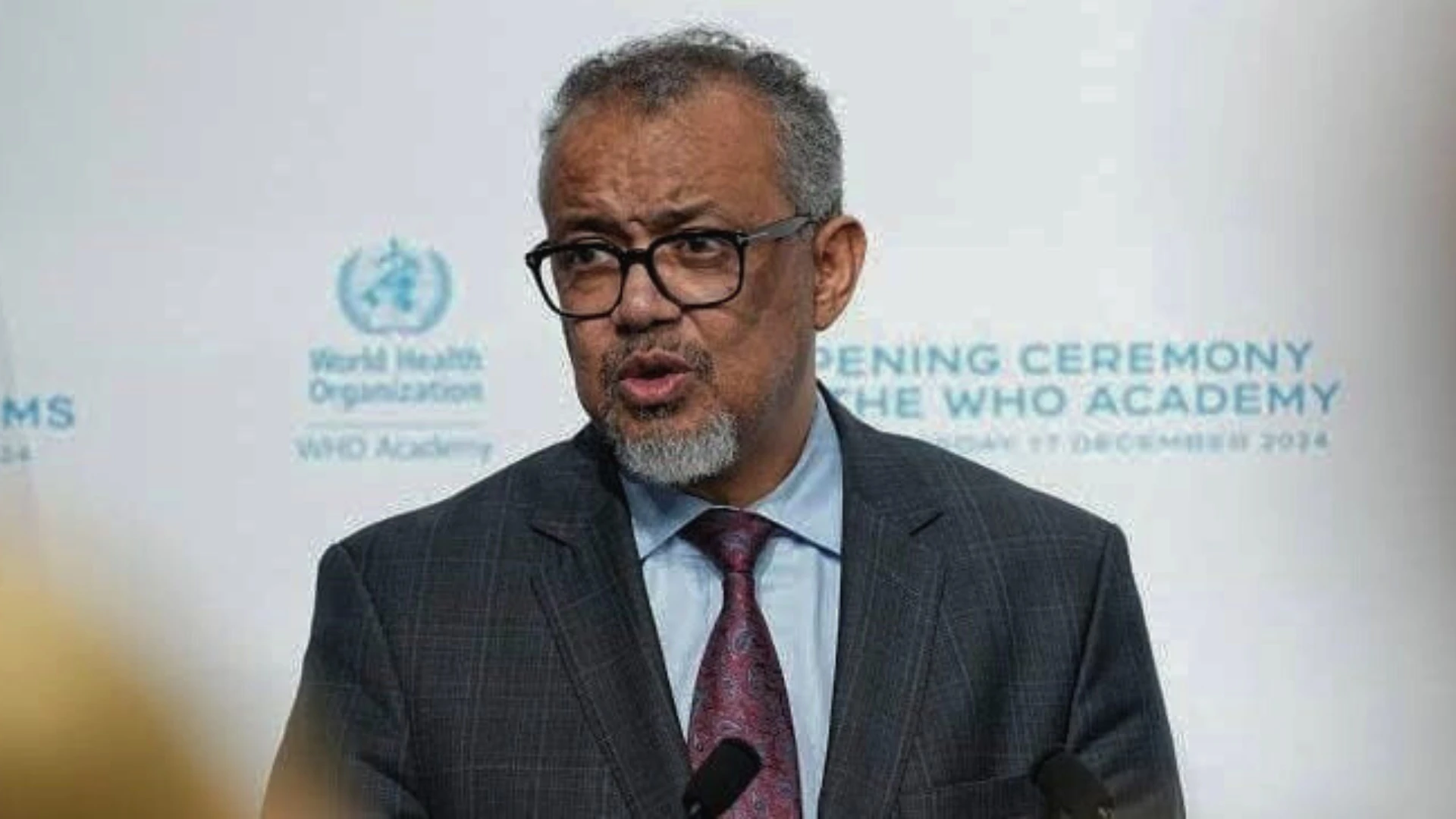Report: A landmark study published in The Lancet has revealed that routine childhood vaccines have saved approximately 154 million lives globally over the past 50 years, largely due to the World Health Organization’s Expanded Programme on Immunization. However, experts warn that recent slowdowns in vaccination campaigns threaten to undo decades of progress and could lead to resurgences of vaccine-preventable diseases.
Since the program’s inception in the 1970s, more than 4 billion children have been immunized against deadly diseases such as tuberculosis, measles, polio, diphtheria, tetanus, and whooping cough. Between 1980 and 2023, the number of “zero-dose” children—infants under one year old who haven't received even a single dose of the crucial DTP (diphtheria-tetanus-pertussis) vaccine—dropped by 75%, a key indicator of improved global immunization coverage.
“Vaccination remains one of the most effective and economically sound public health interventions available,” the researchers emphasized. Some estimates suggest returns on vaccine investments can be as high as 44 times the original cost.
Yet, despite these gains, momentum has slowed. Between 2010 and 2019, 21 out of 36 high-income countries saw decreases in at least one type of routine childhood vaccination. More alarmingly, Gavi, The Vaccine Alliance, reported that more than 100 countries experienced declining immunization rates during the same period—an unsettling trend that led to outbreaks of diseases once largely under control.
The Covid-19 pandemic dealt a severe blow to vaccination programs. In 2021, the number of zero-dose children soared to 18.6 million, though it dropped slightly to 15.7 million by 2023. Experts point out, however, that the pandemic is just one piece of a more complex puzzle. Factors such as armed conflict, political instability, climate-driven disasters, migration, and rampant vaccine misinformation have all impeded global vaccination efforts.
In fact, the World Health Organization flagged misinformation about vaccines as a major threat to global health as early as 2019. This problem has only worsened in recent years, as skepticism surrounding vaccines continues to spread, sometimes even endorsed by influential leaders.
In the United States, for example, recent political developments may exacerbate the decline in vaccine coverage. President Donald Trump’s proposed 2026 budget would eliminate funding for several international vaccination initiatives, including support for Gavi and the CDC’s global immunization program. The move would also dismantle the CDC’s international health unit, potentially halting efforts to combat polio, measles, and other infectious diseases abroad.
Compounding concerns, Trump has appointed vaccine skeptic Robert F. Kennedy Jr. to head the Department of Health and Human Services. Despite his pledge not to limit vaccine access, Kennedy recently advised against Covid-19 vaccines for healthy children and pregnant women and has emphasized unproven alternative treatments during active measles outbreaks. He also recently dismissed the CDC's vaccine advisory committee and replaced it with members linked to vaccine misinformation.
Domestically, most American parents continue to support childhood vaccination. However, the 2023–24 school year saw record-high vaccine exemption rates among kindergarteners, with some states exceeding a 5% exemption rate. Meanwhile, the U.S. is on track to record its highest number of measles cases in a single year since the disease was declared eradicated in 2000. A nearly tenfold rise in measles cases has also been recorded across the EU this year.
Lead study author Dr. Jonathan Mosser from the University of Washington’s Institute for Health Metrics and Evaluation emphasized that while immunization has had monumental success, substantial gaps remain. Most unvaccinated children are in eight countries: Nigeria, India, the Democratic Republic of Congo, Ethiopia, Somalia, Sudan, Indonesia, and Brazil.
Experts say that overcoming these challenges will require tailored public health strategies adapted to the unique barriers in each region. The study’s findings stress the importance of sustained political and financial investment to meet WHO’s goal of achieving 90% global vaccine coverage by 2030.
In an accompanying editorial, vaccine economist Dr. Hai Fang of Peking University reinforced the message: “Sustained investment and targeted strategies will be essential to maintain progress, close immunisation gaps, and ensure equitable access to life-saving vaccines.”








